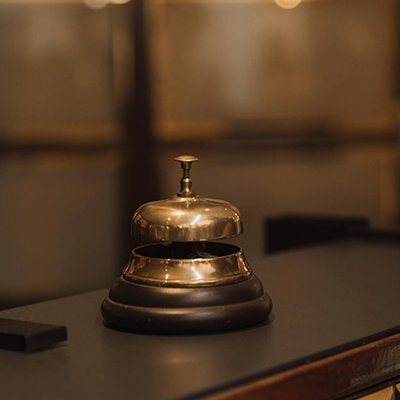Tips For Business Women Travelling
United Arab Emirates & Japan
There was a time when Asia and the Middle East were off-limits to female business travelers. Times have changed. Today, some companies are making the leap, and allowing their female executives to travel outside the Western World. Western women doing business in these countries face the challenge of breaking the stereotypes, while respecting the local culture. This article covers two countries: The United Arab Emirates and Japan.
Cultural Sensitivity in The United Arab Emirates
Expatriate women from all parts of the globe work in the UAE. Their job titles range from upper level executives to independent entrepreneurs. Additionally, the UAE has made positive efforts to promote the role of women. As such, a significant number of Emirati women have entered the work force. Western business women should l avoid gender stereotypes about UAE women, while maintaining a sensitivity to the local Islamic culture.
Despite the diversity within the region, Islam permeates all levels of society. As such, female business travelers should:
• | Dress conservatively, keeping cleavage, arms and legs covered. |
• | Arrange meetings in the hotel lobby; never in your room. |
• | Although shaking hands is common among businessmen, men and women shaking hands is usually frowned upon. |
• | Avoid any type of behavior that one might misinterpret as flirtatious. |
• | Do not arrange meetings on Friday or Saturday, the Muslim days of rest. |
• | Be aware that businesses will not close on Christian and Jewish holidays. |
• | When eating out, solo female travelers attract unwanted attention. Ask for seating in the special family section of the restaurant. |
• | Never eat with your left hand. People of the Muslim religion consider it unclean. |
• | If your hosts invite you to dinner, understand that they might expect you to eat at a separate women's table. Accept the situation. |
• | Avoid political discussions, or commentary on the role of women in the Middle East. |
• | Western women should not extend her hand to a male, unless he does first. In place of a handshake, place your right hand over your heart. |
Etiquette in Japan
In his book titled Etiquette Guide to Japan: Know the Rules that Make the Difference, author Boy Lafayette De Mente notes:
"Japan is an example of a country in which the code of social conduct became so formal ... and important, that proper behavior became the paramount law of the land."
Words of wisdom for business travelers! In fact, Japanese social customs are so rigid, that a simple mistake can destroy a business negotiation, along with your dignity. Embedded in these social customs is the role of women. Although times are changing, there is still some discrimination in the workforce. Ionis International notes that the Japanese view western women as foreigners first, and then, as women. Some key points:
• | Many Japanese men have limited experience with women in positions of management. |
• | Japanese have a deep respect for titles. If your business card says Vice President, they will probably treat you as a Vice President. |
• | Japanese men will take clues from your male colleagues as to the proper treatment of women. Western men must therefore support their female colleagues in meetings. Ionis notes, "Japanese men often will subconsciously speak to the American men, even regarding topics for which the female colleague is responsible. American men should not answer for their female colleague, but rather defer questions or issues to her." |
An article on World Business Culture notes that:
"Western women working in Japan will probably only encounter difficulties when trying to manage Japanese male colleagues - especially if they are older. Otherwise the Japanese will accept them as an 'honorary man'."
With this in mind, Western business women visiting Japan must pay even extra special attention to the social customs, as well as your physical appearance. Venture Japan advises:
"To avoid being treated as an 'office-lady', I recommend that you wear shorter (or tied back) hair, trouser suits or longer skirt suits with seasonal colors as for men. Japanese women are very fashion conscious and many wear Gucci, Chanel, Prada etc. outfits to and from work (although most companies require their female staff to wear company uniform while working). Most Japanese companies do not allow female employees to wear jewelry, very short skirts or high-heeled shoes. Women too are not properly attired without Japanese business cards!"
The Japanese Business Card
In Japan, the business card, called the Meishi, is an essential extension of one's brand and identity. The card giving and receiving process can thus make or break a business deal. Use these guidelines:
• | Always accept the card with both hands. |
• | Translate one side of your business card into Japanese. |
• | Present your business card with both hands, with the Japanese side facing forward. |
• | Present your card to the most senior member, then work your way down the corporate ladder. |
• | Bow when you hand someone your card. |
• | Never toss your business card across the table. |
• | Never write on the back of your business card. |
Your consideration of these cultural nuances will go along way toward a successful business trip and should lead to other opportunities.















